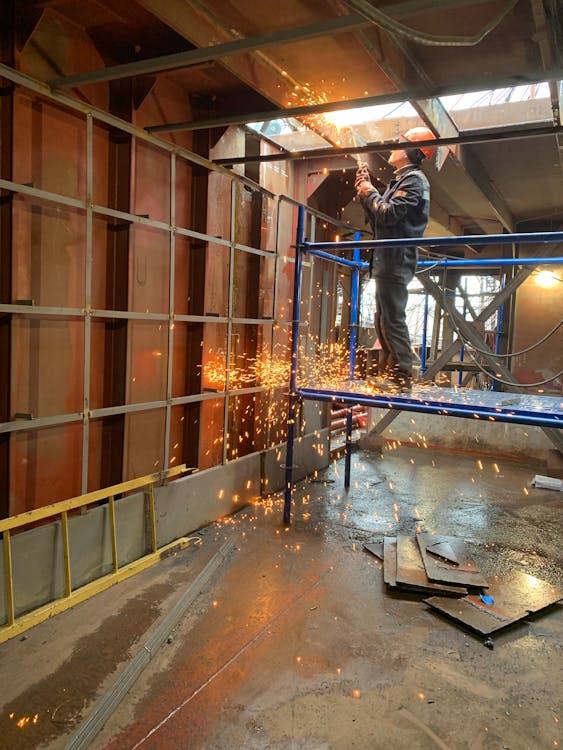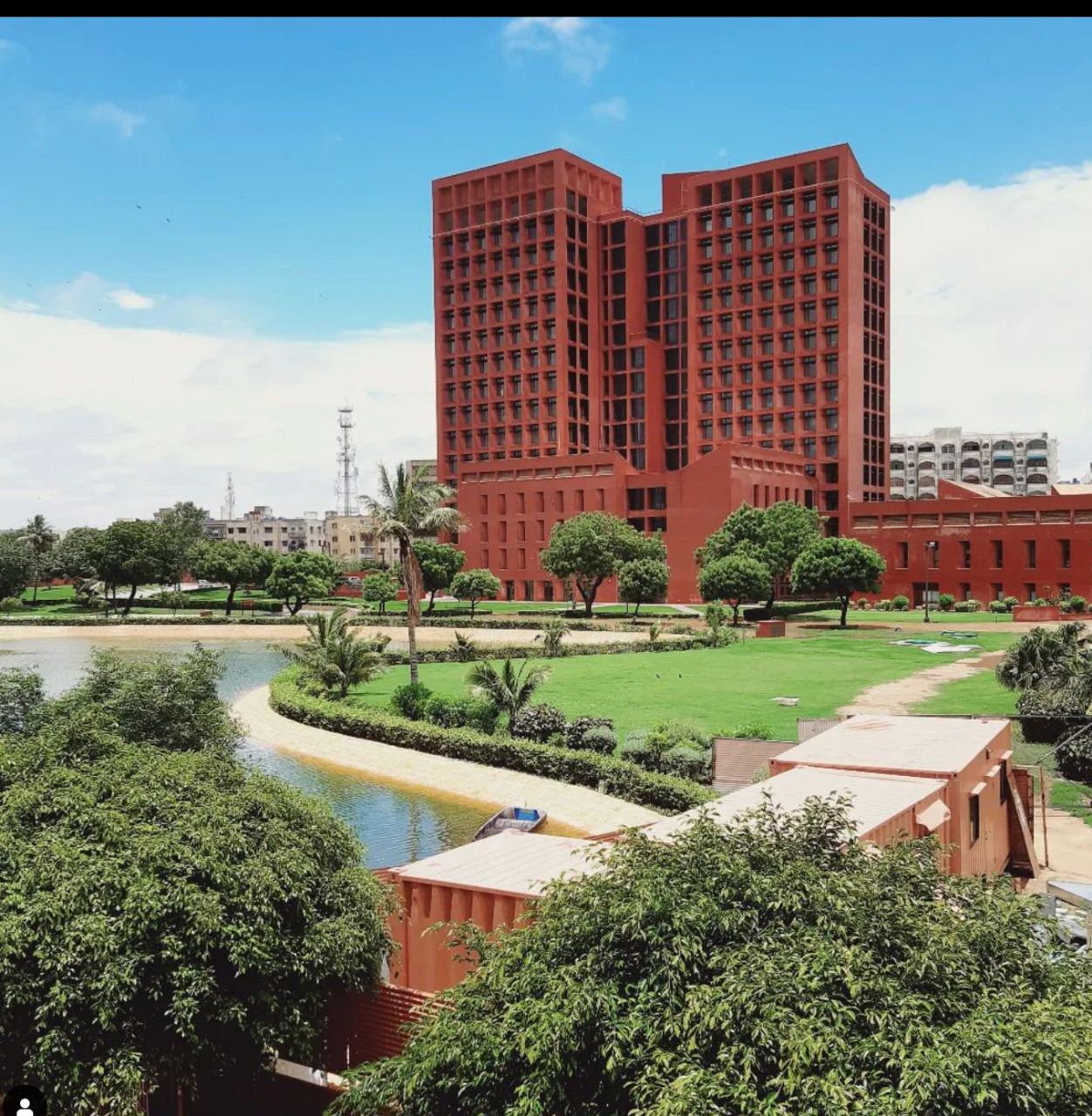

Muhammad Hammad
22nd July 2024 · 12 min read


Engineering is more than just building grand buildings and creating clever devices. Fundamentally, engineering is based on a strong dedication to the advancement and well-being of society. Every engineering project that is effective strikes a compromise between ethical issues and technological expertise to provide results that are safe, sustainable, and advantageous for the general public.
To be considered professionally responsible, an engineer must pledge to uphold the greatest standards of honesty, dependability, and quality in all facets of their job. This duty encompasses some stakeholders, like as customers, associates, and the larger community. Engineers need to maintain up-to-date knowledge and skills, follow safety procedures, and communicate openly about prospective risks and advantages.
Engineering ethics, on the other hand, involves a framework of moral principles that guide engineers in making decisions that respect human rights, environmental sustainability, and public safety. Ethical engineers are expected to prioritize the public good over personal gain, avoid conflicts of interest, and stand firm against pressures that might lead to compromising their professional standards.

The interplay of professional responsibility and engineering ethics ensures that engineering practices contribute positively to society. They foster innovation that is not only technically sound but also ethically grounded, ensuring that advancements serve humanity and the planet responsibly. This dual focus on ethics and responsibility is what transforms ordinary engineering tasks into extraordinary contributions to society’s advancement and trust.
Engineers who embody these ideals are not just builders of structures and devices; they are builders of trust, progress, and a better future for all. Their work serves as a reminder that at the heart of every great engineering feat lies a dedication to the principles that uphold our society.
Why Ethics Matter in Engineering
Making morally sound, equitable, and socially useful judgments is the cornerstone of engineering ethics. Engineers frequently find themselves amid moral quandaries and technological difficulties. Consider becoming involved in a project where cost-cutting measures might potentially jeopardize safety. How do you proceed?

Renowned author and engineer Henry Petroski famously remarked, "As engineers, we were going to be in a position to change the world – not just study it."
Key Ethical Principles in Engineering
Mahatma Gandhi said, "The greatness of a nation and its moral progress can be judged by the way its animals are treated." While not directly about engineering, this quote emphasizes the broader ethical responsibility we have towards all living beings, a principle that engineers must also consider.

Real-World Implications
Think back to the Tacoma Narrows Bridge disaster in 1940. This catastrophe served as more than simply a technological mishap; it served as a sobering reminder of what occurs when moral precepts like professionalism and safety go unnoticed. This accident taught engineers important insights, which resulted in tighter safety regulations and more stringent testing procedures.
Positively speaking, the advancement of sustainable energy technology such as solar panels and wind turbines shows that engineers may have a good influence on the globe. These inventions demonstrate not just technical mastery but also a dedication to moral values such as environmental preservation and sustainability.

Personal Responsibility and Reflection
We must consider our choices and behaviors as aspiring or working engineers. Are we thinking about how our endeavors will affect the long run? Are we communicating openly and sincerely? Do we regard both the surroundings and the people that our work will touch with respect?
It's not always simple to incorporate ethics into daily practice, but it's essential. It involves making difficult choices and, in the face of difficulty, sticking up for what is right. It's about keeping in mind that a community depends on our knowledge and honesty at the core of any technical endeavor.
Practical Steps for Ethical Engineering
Participate in professional development regularly to keep current on industry developments and ethical norms.
Conduct routine audits of engineering procedures to make sure ethical standards are being followed.
Engage the public and other stakeholders in the process of making decisions to make sure that different viewpoints are taken into account.
Provide explicit guidelines that support and shield those who come forward with reports of unethical behavior.
Examine a project's effects on the environment and society to make sure it advances the objectives of sustainable development.

Conclusion: Embracing Ethics for a Better Future
Professional accountability and engineering ethics are not only abstract ideas; they are the foundation of our industry. They guarantee that we apply our abilities and expertise to build a more just, safe, and fair society. So let's commit to constructing a future in which we can all take pride.
We protect the ethical standing of the engineering community and advance a society where technology advances society by making ethics the priority in all we do.
Hi, meet Muhammad Hammad, a second-year computer engineering student at Ghulam Ishaq Khan Institute with a passion for technology. He is deeply engaged in understanding both software and hardware and is always eager to learn and grow. When he’s not busy working on his latest project or solving complex problems, he enjoys exploring the newest tech trends and gadgets. Outside of tech, he stays active by hitting the gym and playing football. Muhammad Hammad is a dedicated student with a clear focus on making an impact in the tech world.
Here are a few more recommendations we think you'll like!







Your all-in-one platform for MDCAT and other medical entry tests preparation. With over 130,000 questions and detailed explanations, we're here to help you ace your exams and achieve your dreams.
